Best system utilities and repair software for business PCs of 2025
Get your desktop or laptop running properly again

We list the best system utilities and repair software, to make it simple and easy to get your desktop or laptop running properly again.
As soon as you take your shiny new business computer out of the box and switch the machine on, it starts saving temporary files, caching pages, rewriting registry entries and otherwise populating the hard disk. Over time all of this stuff has an impact on the system as the disk becomes fragmented, old registry keys get left behind, items are added to startup and more. The same applies to your business laptop, too.
It’s no surprise therefore that after a few months, your once fast computer can start to feel sluggish. However, there are a number of tuning tools available that can clean things up and help you get your desktop or laptop back to its normal running speed.
Below are what we think are the best system utilities and repair software products for business computers currently available.
Reader offer: Get 50% off on Fortect Premium Plans
Fortect can help you scan, repair, and optimize registry entries, leading to smoother system operation and faster response times. It can help identify issues such as PC freeze, error messages, a blue screen of death, and slow performance.
Preferred partner (What does this mean?)
We’ve also rounded up the best free PC optimization software.
The best system utilities and repair software for business PCs of 2025 in full:
Why you can trust TechRadar
Best system utilities and repair software overall
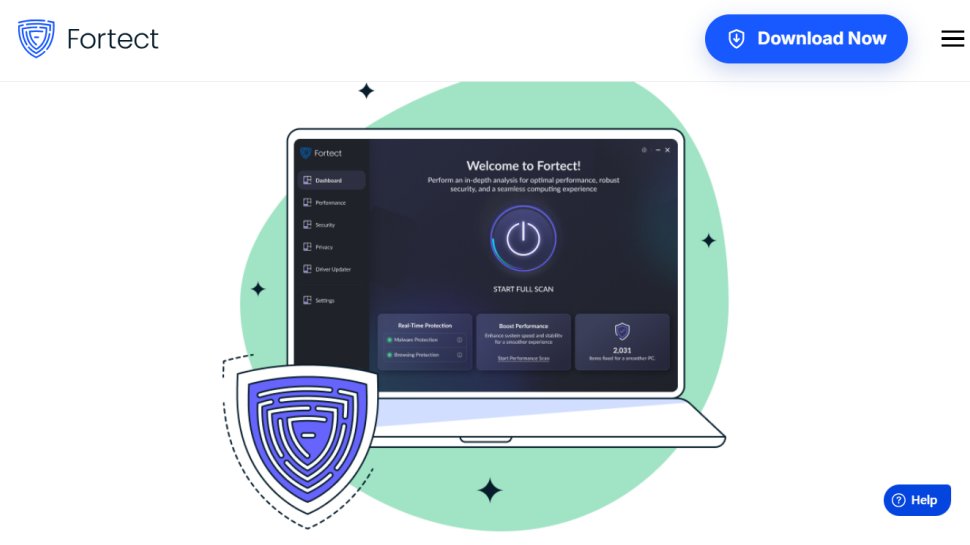
Reasons to buy
Reasons to avoid
Fortect is a piece of utility software with many use cases, both in personal, and professional environments. One might use Fortect to scan PCs for malware or similar threats, junk files, and more. Fortect can also be used to scan the endpoint and repair broken operating systems. Finally, it can be used as an optimizer, to keep the PC running smoothly.
The software jumped on the Artificial Intelligence (AI) bandwagon, using both AI and machine learning (ML) to detect any security-related issues. This feature is based on Avira’s anti-malware engine, designed to identify and block malicious software.
The solution is user-friendly and comes with a clear and intuitive interface where you can easily see a detailed overview of your PC’s health.
If you have any issues, you can contact the company via email, and there are also user guides and FAQs on the official website to help you out. There is no live chat or phone support, though.
Fortect has a free offering that allows you to scan your PC regularly, and to identify and fix problems. Being free, however, the number of fixes is limited and you don’t get direct support.
Read our full Fortect review.
Best system utilities and repair software for ease-of-use
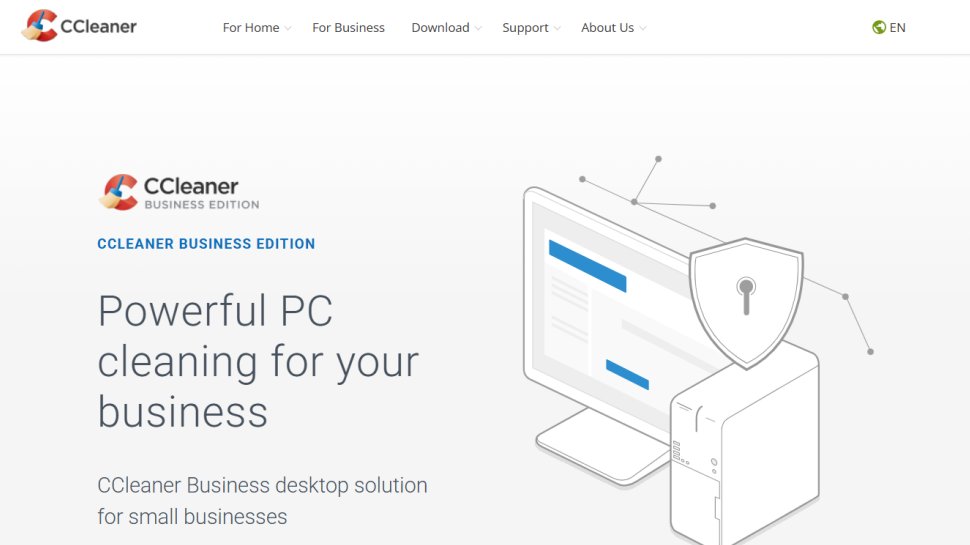
Reasons to buy
Reasons to avoid
This is the business version of the popular free consumer CCleaner clean-up tool. On first use it scans your machine for cookies, history and temporary files related to popular browsers, as well as files from other popular applications. It also includes a registry cleaner and a range of other tools such as an uninstaller, a startup manager, a browser plug-in manager and a duplicate finder. There’s a drive wiper for cleaning up old systems before disposal too.
The software also gives you an option to monitor the system in the background and run a clean automatically when a previously specified amount of space can be saved.
Note that there are discounts available when it comes to purchasing larger numbers of licenses. For bigger businesses there are network and cloud versions available that allow remote management of multiple endpoints. If you want a clean-up tool that’s simple to use and covers all bases, this one is well worth a look.
Read our full CCleaner review.
Best system utilities and repair software for newbies
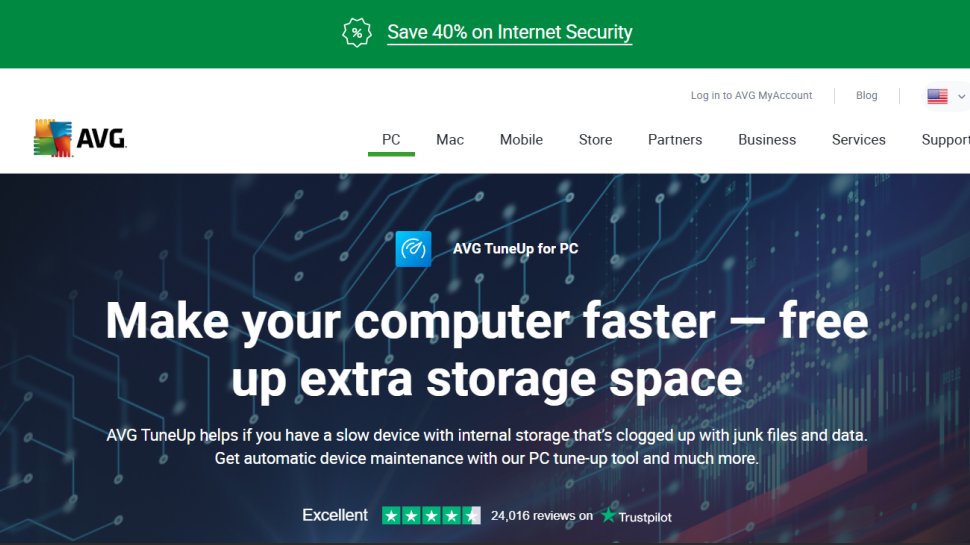
Reasons to buy
Reasons to avoid
AVG TuneUp has been around for many years, but the current version has a smart, modern look. Run a scan - which takes a while to complete though it does display a graphic indication of progress - and you’re presented with an easily read dashboard display showing which areas need attention. Sadly, when you click on an item for more detail, the style of the application proves to be inconsistent.
As well as dealing with browser data it cleans up system logs and caches, looks for registry problems and broken shortcuts, helps manage startup and shutdown, and checks for disk fragmentation. There’s an automatic maintenance option and a performance advisor that offers tips for speeding up the system – by disabling background tasks, for example. The program can also produce a monthly optimisation report.
Again, bulk discounts are available when buying for multiple systems. With its useful tips and clear interface this is a good choice for non-technical users.
Read our full AVG TuneUP review.
Best system utilities and repair software for speed
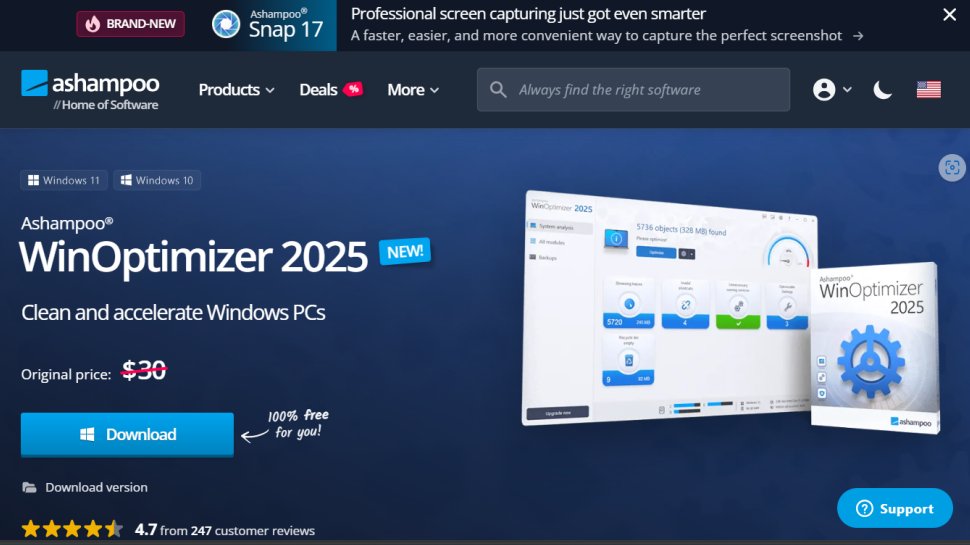
Reasons to buy
Reasons to avoid
Ashampoo WinOptimizer is compatible with all versions of Windows from 7 onward. The freshly overhauled interface is clear and there’s a choice of styles when you install the program. Click the search button to begin the optimization process – once it’s complete you have the option to examine the details of what the program has found, or just run an automatic fix.
Ashampoo’s effort does the usual file and registry clean-ups, plus it provides additional tools including a backup manager so you can roll back changes should a cleaning process mess something up. It also includes a Privacy Control Module for Windows 10 which allows you to manage what data is shared with Microsoft; a pretty nifty touch.
There’s an auto-clean option, too, and a live tuner which optimizes performance by managing background tasks. Furthermore, there’s a new SSD Wizard for optimizing solid-state drives.
Discounts are available for multiple licenses, plus there’s a fully functional free trial to allow you to try the program for yourself. WinOptimizer scans quickly and provides a lot of data but you do need to drill down into the interface to find some of it. The program also constantly tries to sell you other products which is a bit irritating.
Read our full Ashampoo WinOptimizer review.
Best system utilities and repair software for options
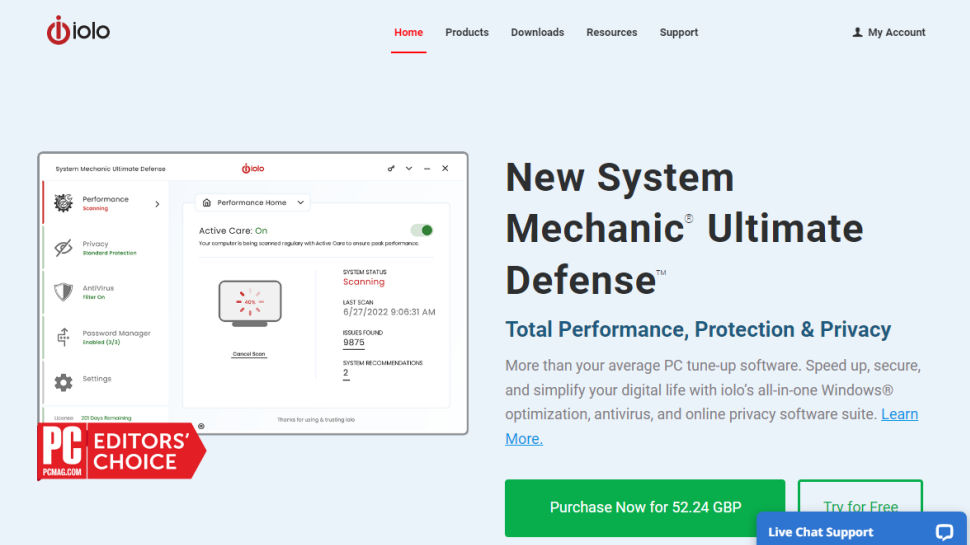
Reasons to buy
Reasons to avoid
Iolo System Mechanic is one of the most popular tuning tools around and it's easy to see why. Although the interface isn't particularly special it does offer a comprehensive range of cleaning tools as well as the ability to optimize your CPU, memory and internet connection. It also allows you to manage startup programs.
After a scan you can opt to repair all the issues it has found or dig deeper to view the details before deciding on whether to take action, though some areas offer more control than others. All of the tools can be run separately if you prefer. There's an ActiveCare option that will run cleaning tasks when the system is idle, and LiveBoost to improve system performance.
Note that there’s also a Pro version available with more features. If you want a tool that's easy enough for non-techies to handle but also lets you dig deeper if needed, then Iolo’s offering is for you.
Read our full Iolo System Mechanic review.
Best system utilities and repair software for security
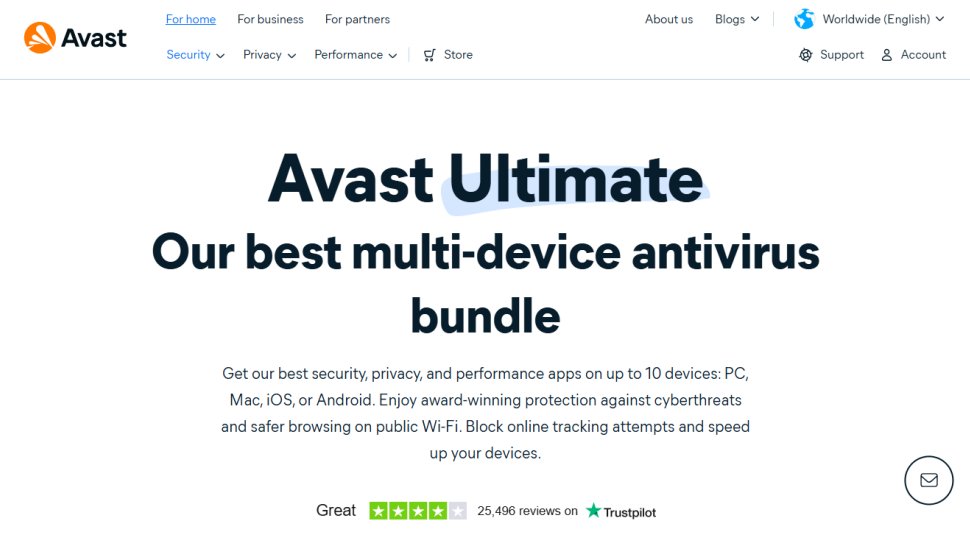
Reasons to buy
Reasons to avoid
Avast Ultimate is one of the most comprehensive internet security suites around. While it includes anti-virus software at its heart, it also provides additional features you'd struggle to find in similar bundles.
The package is really a combination of four of Avast's main products: Avast Antivirus Premier, Avast SecureLine VPN, Avast Cleanup, and Avast Passwords for Windows. This means you also get an automatic updater for your software, a file shredder to ensure data is properly deleted from your harddrive, as well as ransomware protection. There are privacy protections included, too, not least via the SecureLine VPN, and a password manager manager, too.
Avast Cleanup offers useful optimization utilities on top, though, such as help repair outstanding issues with the Windows registry, as well as delete junk files from temporary and cache folders, on top of general tuning for improved performance.
Altogether, Avast Ultimate isn't the cheapest security and privacy platform out there, but it's one of the most comprehensive, and the ability to better protect and control your critical data are definite selling points.
The only real negative is that Avast keeps spinning off its services into separate products, meaning you can expect repeated pop-up ads on your screen telling you that you need to fix something - only to find that feature isn't included in your subscription, making you feel that perhaps you would have been better going with a competitor that does include everything.
Read our full Avast Antivirus solutions review.
We've featured the best PC product key finders.
Best system utilities and repair software FAQs
Which system utilities and repair software is best for you?
When deciding which system utilities and repair software to use, first consider what your actual needs are, as free or budget options may only provide basic features, so if you need to use advanced tools you may find a more expensive platform is better suited to you. Additionally, higher-end software can usually cater for every need, so do ensure you have a good idea of which features you think you may require from your system utilities and repair software.
How we tested the best system utilities and repair software
To test for the best system utilities and repair software we first set up an account with the relevant software platform, then we tested the service to see how the software could be used for different purposes and in different situations. The aim was to push each system utilities and repair software platform to see how useful its basic tools were and also how easy it was to get to grips with any more advanced tools.
Read more on how we test, rate, and review products on TechRadar.
Get in touch
- Want to find out about commercial or marketing opportunities? Click here
- Out of date info, errors, complaints or broken links? Give us a nudge
- Got a suggestion for a product or service provider? Message us directly
- You've reached the end of the page. Jump back up to the top ^
Are you a pro? Subscribe to our newsletter
Sign up to the TechRadar Pro newsletter to get all the top news, opinion, features and guidance your business needs to succeed!
Ian Barker worked in information technology before discovering that writing about computers was easier than fixing them. He has worked for a staff writer on a range of computer magazines including PC Extreme, was editor of PC Utilities, and has written for TechRadar, BetaNews, IT Pro Portal, and LatestGadgets.
